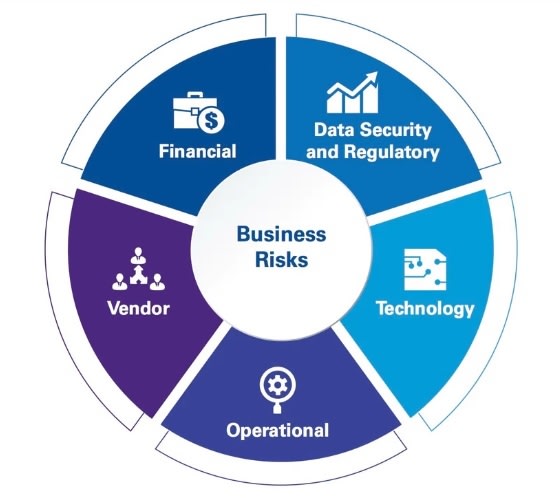AWS #cloudcomputing
Cloud Computing
Cloud computing is the on-demand availability of computer system resources,(including servers, storage, databases, networking, software, analytics, and intelligence), without direct active management by the user. Large clouds often have functions distributed over multiple locations, each location being a data center.
Cloud Computing History timeline
-In the 1950s John McCarthy created a time-sharing concept, enabling a group of users to use an expensive mainframe simultaneously.
-In the 1960s, the American computer scientist Joseph Carl Robnett Licklider described a theory of interconnected computing systems.
-In 1972, IBM released VM (Virtual Machine) operating system, exhibiting the behavior of dedicated hardware.
-In the 1990s, telecommunications companies started offering “Virtualized” Private Networks (VPNs) as rentable services.
-In 1996 The term “cloud computing” was coined within a Compaq internal document.
-In 1997 Professor Ramnath Chellapa of Emory University defined cloud computing as “A computing paradigm, Where the boundaries of computing will be determined by economic rationale, rather than technical limits alone.”
-In 1999 the arrival of Salesforce.com pioneered the concept of delivering enterprise applications via a simple website.
-In 2002 launching of Amazon Web Service (AWS).
Cloud Computing Benefits
Whether you experience a natural disaster, power failure, or other crisis, having your data stored in the cloud ensures it is backed up and protected in a secure and safe location. Being able to access your data again quickly allows you to conduct business as usual, minimizing any downtime and loss of productivity.
Besides factors behind this change include things like:
-Reduced costs: Moving to cloud computing may reduce the cost of managing and maintaining your IT systems.
-Scalability: Your business can scale up or scale down your operation and storage needs quickly to suit your situation,
-Improved time to market: Cloud applications improve collaboration by allowing dispersed groups of people to meet virtually and easily share information in real time and via shared storage.
-Better collaboration: Collaboration in a cloud environment gives your business the ability to communicate and share more easily outside of the traditional methods.
-Increased flexibility. The cloud is a great way to run a business since it offers many advantages and only a few disadvantages.
Risks of cloud computing
-Privacy agreement and service level agreement: You will need to have suitable agreements in place with your service providers before services commence.
-Security and data protection: consider how your data will be stored and secured when outsourcing to a third party.
-Location of data: investigate where your data is being stored and which privacy and security laws will apply to the data. you will also need to be aware of the legislation and regulation requirements in that geographic location.
Cloud Computing Market Size & Shares
What is AWS
Amazon Web Services (AWS) is the world’s most comprehensive and broadly adopted cloud platform, offering over 200 fully featured services from data centers globally. Millions of customers—including the fastest-growing startups, largest enterprises, and leading government agencies—are using AWS to lower costs, become more agile, and innovate faster.
Amazon Web Services (AWS) was officially released in 2006. However, its development started earlier in 2003. The first available service was SQS; it was developed in November 2004, followed by EC2. AWS was mainly focused on website and application hosting in those days. Nowadays you can expect to run any type of workload in the AWS cloud.
AWS Services
Services
Amazon Web Services offers a wide variety of services, including compute power, database engines, resources for authentication, services for migration of data and storage solutions.
AWS customers
Resources:
1- cloud computing image
https://forum.huawei.com/enterprise/en/everything-you-need-to-know-about-cloud-computing-simply-explained/thread/682381-893?page=2
2-cloud computing history
https://www.netsolutions.com/insights/what-is-cloud-computing/
3- cloud computing benefits and risks
https://www.business.qld.gov.au/running-business/digital-business/online-risk-security/cloud-computing/benefits#:~:text=Whether%20you%20experience%20a%20natural,downtime%20and%20loss%20of%20productivity.
https://www.poketors.com/2013/09/benefits-of-cloud-computing-infographic.html
https://www.sdxcentral.com/cloud/definitions/what-is-cloud/top-risks-of-cloud-computing/
4-Cloud Computing Market Size & shares
https://www.statista.com/statistics/500541/worldwide-hosting-and-cloud-computing-market/
https://www.theregister.com/2022/05/02/cloud_market_share_q1_2022/
5-AWS
https://aws.amazon.com/what-is-aws/?nc1=f_cc
https://www.clickittech.com/aws/why-aws-cloud/
https://trailhead.salesforce.com/en/content/learn/modules/aws-cloud/discover-the-aws-service-categories











Top comments (0)